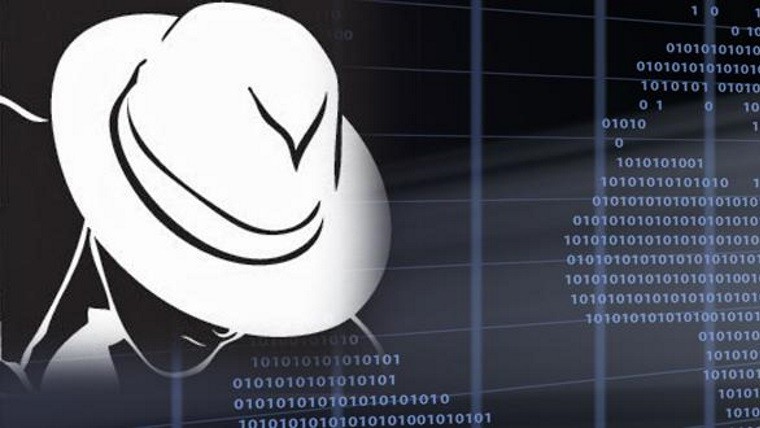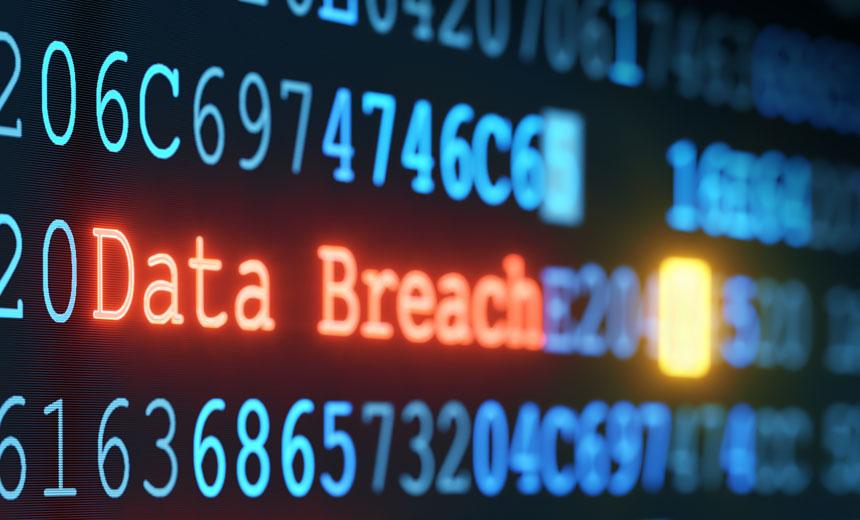Security News

Verizon Fios is experiencing an Internet outage making it impossible to access many websites after a fiber connection was cut in Brooklyn. Starting at approximately 11:00 AM EST, Verizon Fios users found they were no longer able to access popular services, such as Google, Slack, Microsoft Teams, Azure, and even Verizon's own website and My verizon app to check for known outages.

Verizon Fios is experiencing an Internet outage making it impossible to access many websites after a fiber connection was cut in Brooklyn. Starting at approximately 11:00 AM EST, Verizon Fios users found they were no longer able to access popular services, such as Google, Slack, Microsoft Teams, Azure, and even Verizon's own website and My verizon app to check for known outages.

A little more than a quarter of companies worldwide are fully compliant with the exacting PCI DSS online payment security standard, according to US telco Verizon. The company's 2020 Payment Security Report found that only 27 per cent of organisations worldwide were in line with the full ambit of the PCI DSS for handling payment card data in online purchases.

Verizon and Inseego launched the Inseego MiFi M2100 5G UW mobile hotspot, built to deliver blazing-fast speeds across Verizon's 5G Ultra Wideband1 and 4G LTE network. The MiFi M2100 5G UW is now available at Verizon for $16.66 per month for 24 months on Verizon Device Payment.

The carrier conducted trials ahead of 5G launches and says it is one of the first to pilot QKD in the US. Verizon on Thursday made two announcements related to security. The first involves a series of successful trials to future proof its 5G network against security threats and to implement advanced security measures to protect the confidentiality, integrity, and availability of Verizon's 5G network, the company said.

Verizon Media tops the list with $9.4 million paid out since it started its program in 2014, with its top bounty coming in at $70,000. That said, PayPal follows as a distant second with Verizon Media in terms of bounty volume.

HackerOne on Monday released a list of the companies that have paid out the most money through their bug bounty programs. According to HackerOne, Verizon has paid out more than $9.4 million since the launch of its program in February 2014, with a top bounty of $70,000 and an average first response time of 8 hours.

"We often think of ransomware as a breach, but the DBIR categorizes most ransomware activity as an incident because while you may have lost access to the data, the attacker hasn't actually stolen it. While that may give you some comfort, it doesn't mean that a ransomware incident is materially less impactful to the security folks who have to deal with it." "In all cyberattacks, it is the attacker who defines the rules, and often opportunism is the best play in any numbers game. The 2020 DBIR confirms that most successful breaches employed opportunistic tactics ranging from social engineering and credential attacks through to opportunistic hacks and exploits of misconfigurations. This means that we could see a material reduction in breaches if basic principles such as securing S3 buckets, applying password security to databases, having a patch management strategy and applying reasonable malware protections were in place."

While cyber-espionage attacks and malware decreased, other trends, such as security "Errors", denial-of-service campaigns and web application attacks saw startling growth. They're already attacking those service oriented workflows, particularly using things like credentials, which is 80 percent of the attacks.

Most breaches are now for financial gain, according to Verizon's report, with web application attacks also on the rise. The latest Data Breach Investigations Report from Verizon Business highlighted a number of alarming statistics about the data breach landscape and the actors behind attacks, finding two-fold increases in web application breaches as well as growth in the number of data breaches conducted for financial gain.